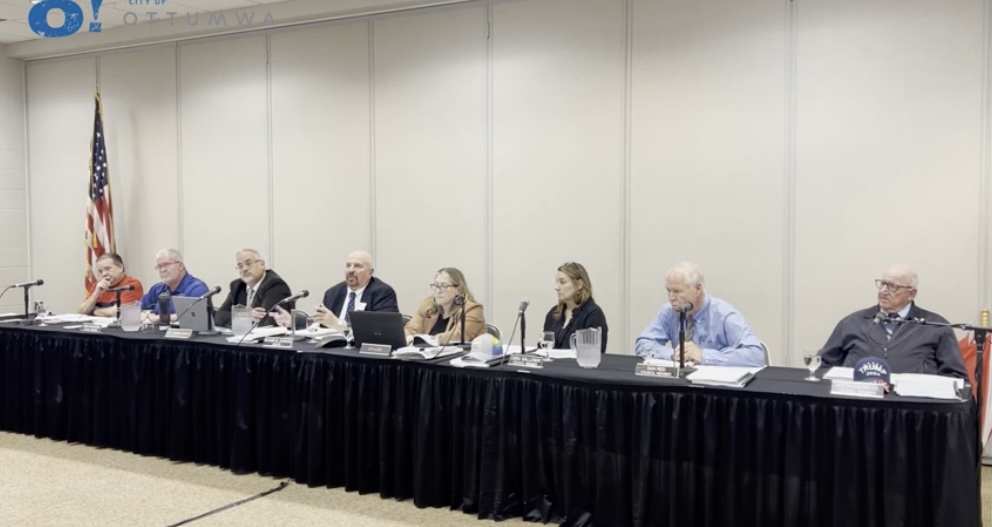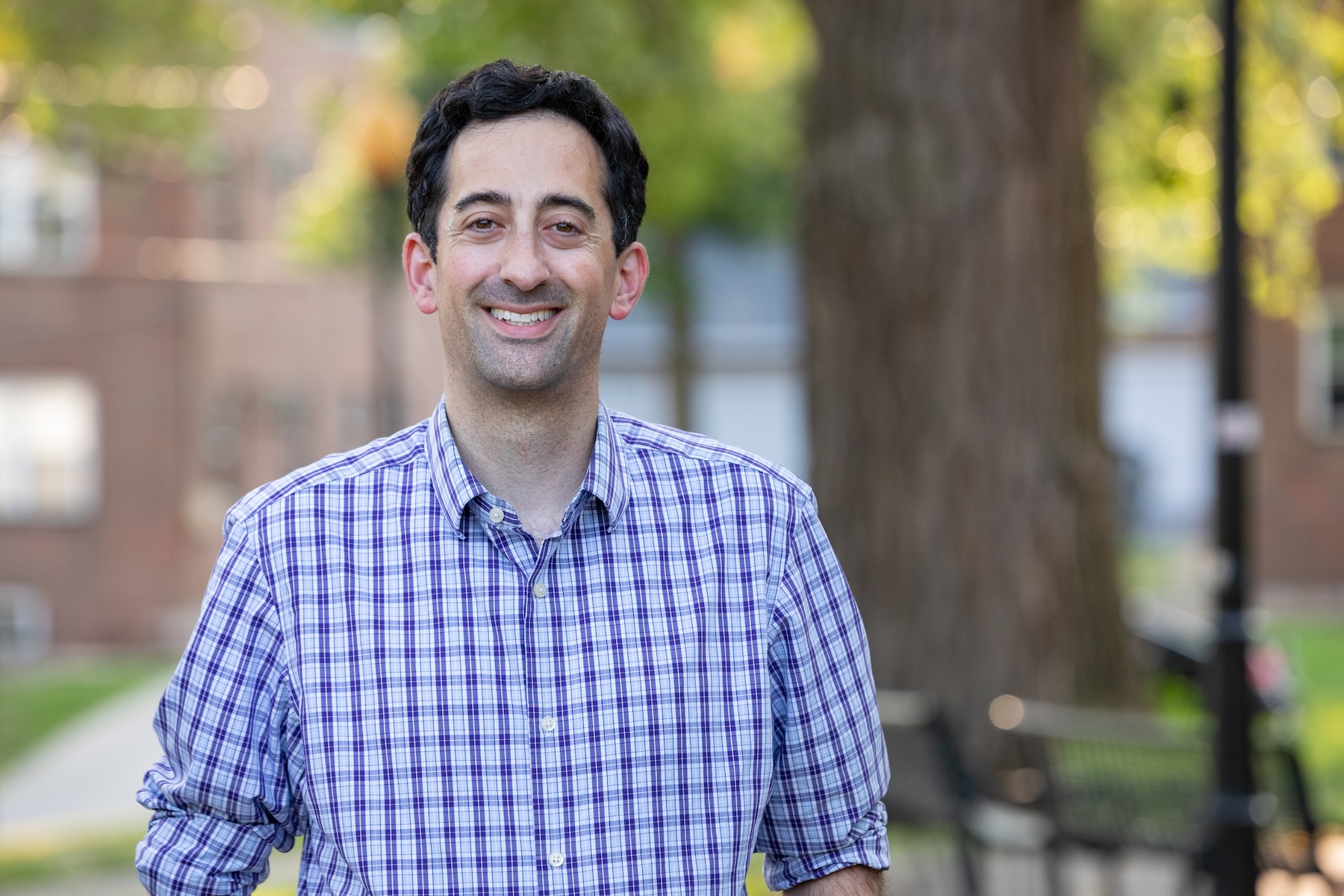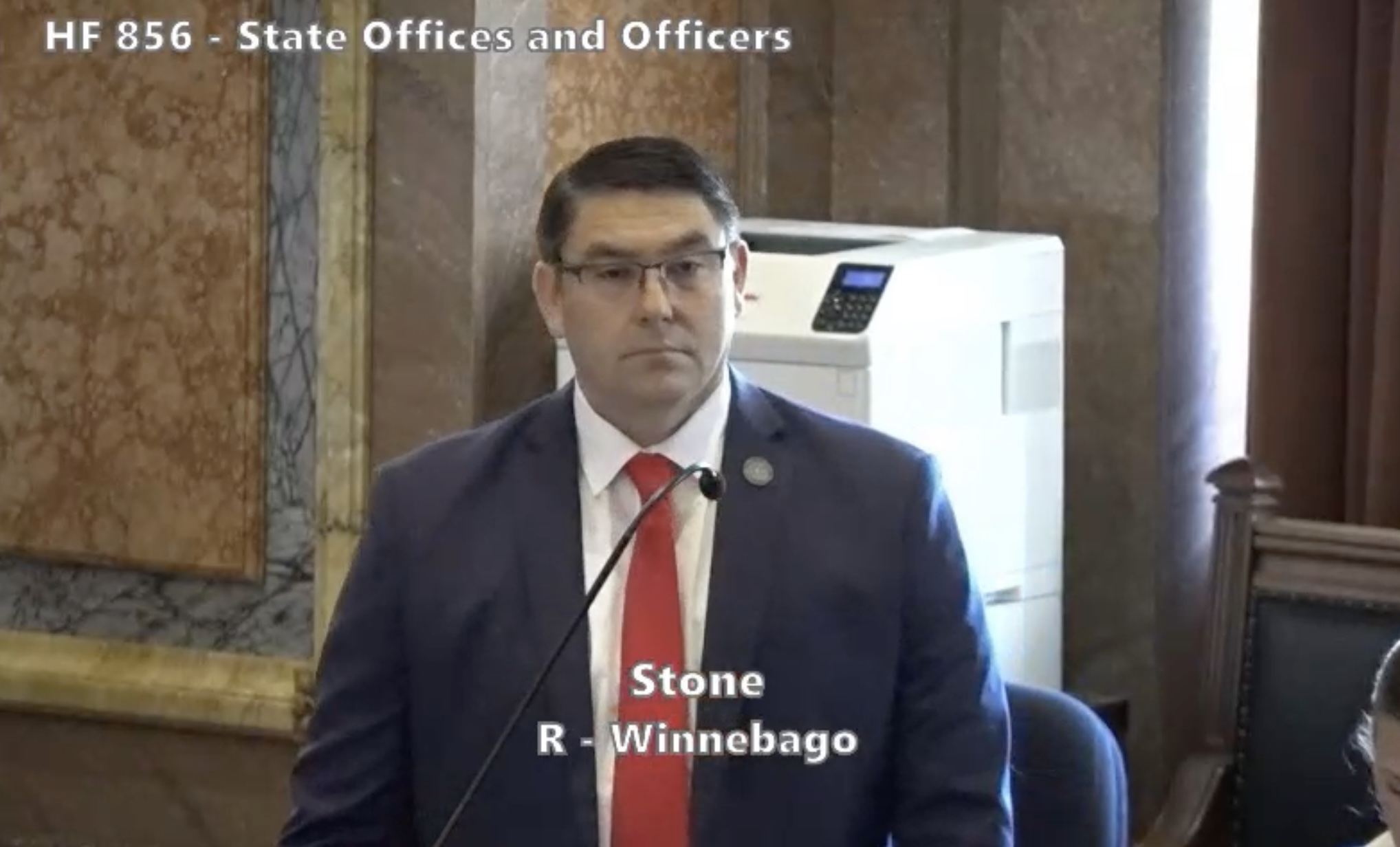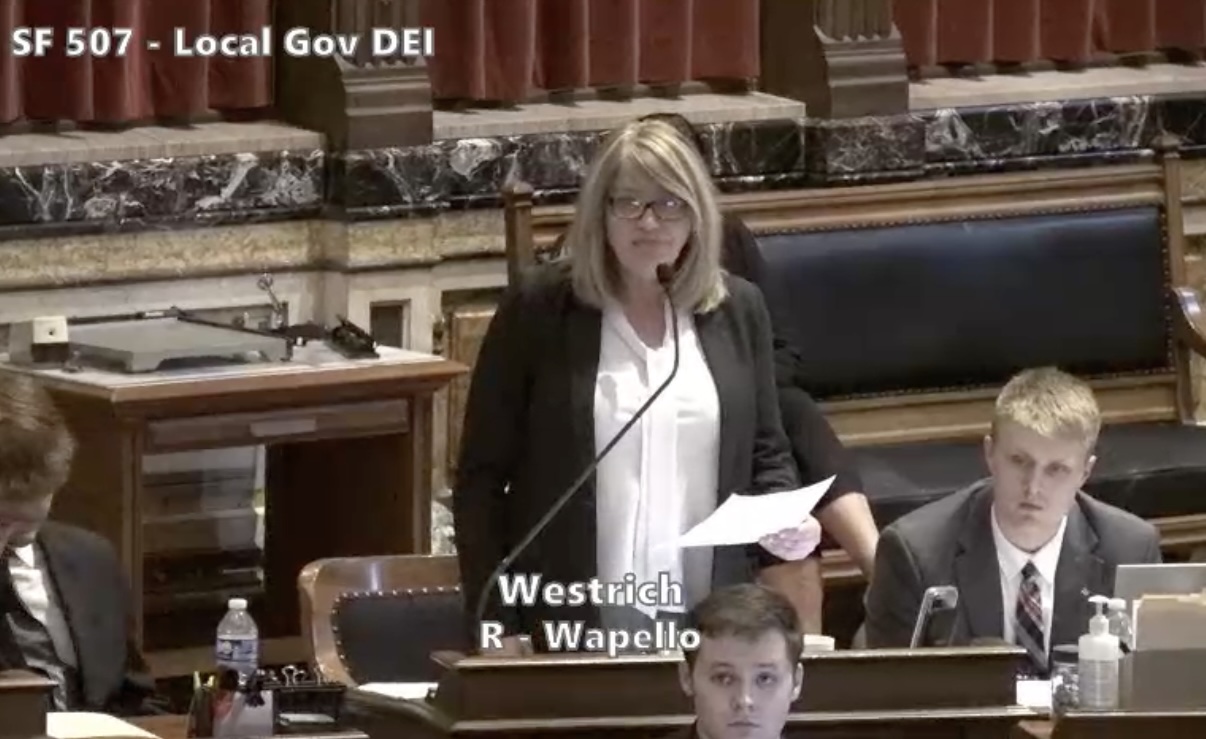John Deeth has volunteered for the Johnson County Democrats and been involved in caucus planning since 2004. He was the lead organizer for the Johnson County caucuses in 2016 and 2020 and is doing the same work for 2024. Deeth has also worked in the Johnson County Auditor’s Office since 1997.
It’s been two and a half years now since the Democratic National Committee upended the traditional presidential nomination calendar and removed Iowa from its long time place as the first contest. As an advocate for an Iowa presidential primary, I was overjoyed when the sitting Democratic president of the United States wrote, “Our party should no longer allow caucuses as part of our nominating process.”
I had hoped that October 2023 would mark the acceptance stage of the grieving process. That month the Iowa Democratic Party announced a two-stage plan for 2024: an early caucus for party business only, to meet the letter of state law (which does not require a presidential vote at the caucus), and a later, mail-in party run primary to comply with the DNC’s delegate selection calendar. I may or may not have been the first to come up with that plan, but no matter. It was the only way to legally check both of those boxes.
Unfortunately, some of Iowa’s Democratic leaders just don’t know how to say goodbye.
Continue Reading...







































